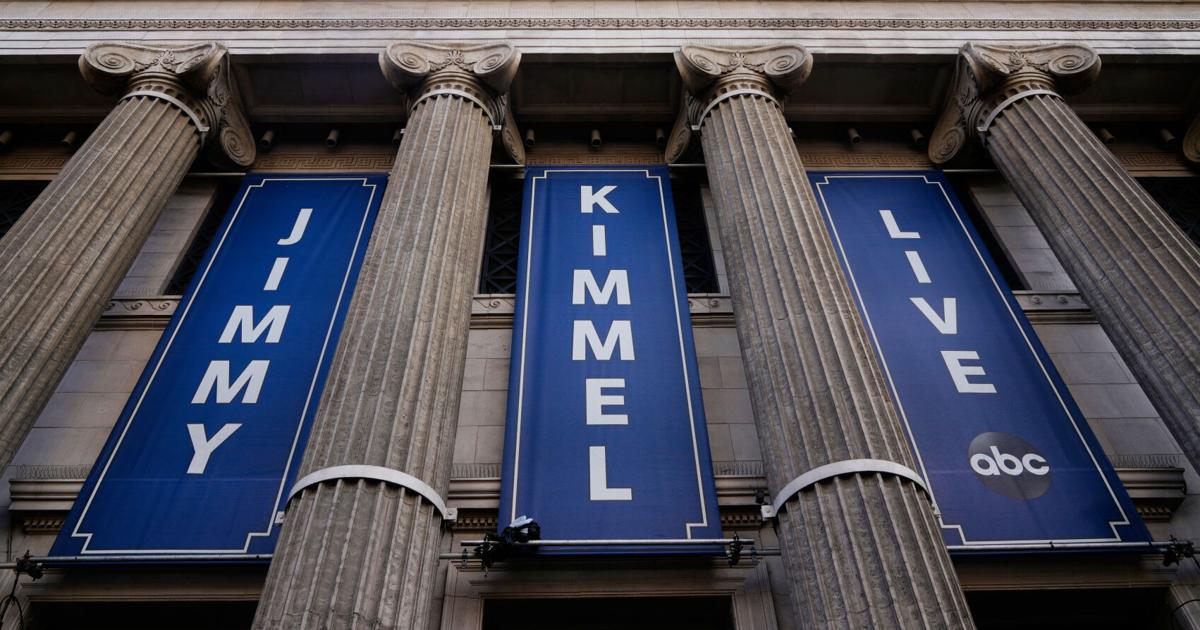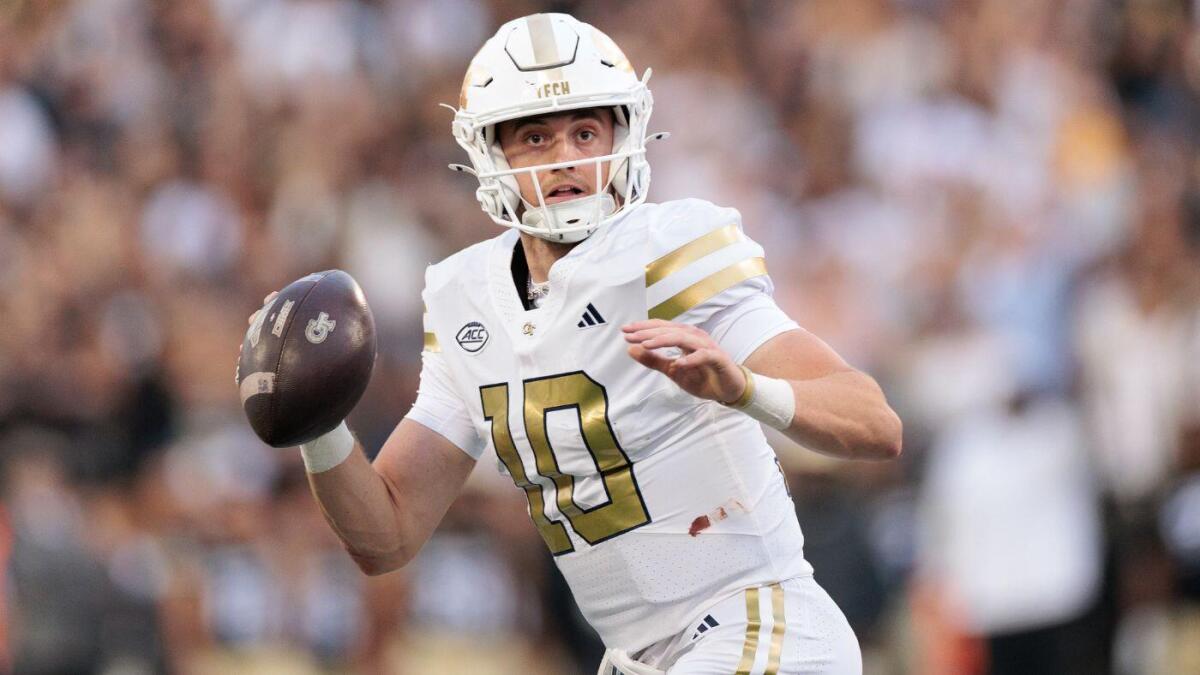Why Do Democrats Tune Into Late-Night Talk Shows More?

Published: 2025-09-19 15:30:00 | Category: Trump GNEWS Search
Late-night talk shows in the United States are shifting dramatically in viewership and content, as a recent poll reveals that while regular viewership remains low, those who do tune in are predominantly Democrats. Only 25% of Americans watch these shows monthly, and the trend points towards an increasing preference for online clips rather than full episodes. This article delves into the changing landscape of late-night television, examining audience demographics, political implications, and the future of this iconic programming.
Last updated: 27 October 2023 (BST)
Key Takeaways
- Only 25% of Americans watch late-night shows at least monthly.
- Democrats are more likely to be regular viewers compared to Republicans and independents.
- Online clips from late-night shows have a wider reach than full episodes.
- Viewership trends indicate a younger audience prefers clips over traditional broadcasts.
- Political commentary has made late-night shows less appealing to some audiences.
The Current State of Late-Night Programming
Recent developments in late-night television have raised eyebrows, particularly with the cancellation of Stephen Colbert's show and Jimmy Kimmel's suspension. The Associated Press-NORC Centre for Public Affairs Research conducted a poll revealing that only about one-quarter of Americans have watched a late-night talk show or variety show at least once a month over the past year. This situation reflects broader changes in the entertainment landscape, where streaming platforms and social media dominate viewers’ attention.
Political Bias and Audience Response
The political landscape surrounding late-night talk shows has become increasingly contentious. President Donald Trump has openly celebrated the suspension of Jimmy Kimmel and the cancellation of Stephen Colbert, while calling for further scrutiny of other late-night hosts. The head of the Federal Communications Commission (FCC) has also expressed a desire to eliminate what he perceives as liberal bias in media. These developments have prompted viewers, particularly Republicans, to reassess their relationship with late-night comedy.
Cyndi Christner, a 70-year-old Republican from Michigan, expressed her discontent with the current state of late-night programming. She articulated that the comedy often feels too politically charged and lacks the universal appeal it once had, stating, “When I watch a late-night show, I would like to be entertained, and they just got ugly.” This sentiment is echoed by many viewers who feel that the political undertones overshadow the entertainment value.
Demographics: Who’s Watching Late-Night?
According to the poll findings, Democrats are more likely to be regular viewers of late-night TV. Almost half of Democrats reported watching clips at least once a month, compared with only about 25% of Republicans and independents. Around one-third of Democrats watch all or most of a late-night show monthly, a stark contrast to approximately 20% of Republicans and independents.
The Shift to Online Clips
One significant trend is the growing popularity of online clips over full-length shows. About 60% of U.S. adults reported watching clips from late-night shows in the past year, indicating that while fewer people are tuning in for entire episodes, many still engage with the content online. This trend reflects a significant shift in how audiences consume media, with many opting for shorter, easily digestible segments rather than traditional broadcasts.
Younger Viewers and the Future of Late-Night
The demographic breakdown reveals that younger viewers are more inclined to watch clips. Approximately 70% of Americans under 30 have engaged with late-night clips, compared to just 56% of those aged 60 and over. This inclination towards shorter content may signal a long-term change in viewing habits, as younger audiences favour platforms that allow for flexible viewing and quick access to highlights.
John Burns, an independent voter from Oregon, expressed concern about losing the comedic voices that resonate with many Americans. He stated that the ability to laugh at oneself is crucial for national identity, remarking, “We have to be able to laugh at ourselves, so I just feel like, in losing that, we're losing a part of what makes America America.” This perspective highlights the importance of comedic commentary in reflecting societal values.
Audience Sentiment Towards Political Content
Many former fans of late-night shows have voiced their dissatisfaction with the increasing political nature of the programming. Ben Majetich, a 61-year-old Republican from Washington, reminisced about the past when late-night shows provided entertainment without the overt political slant. He stated, “They were very good in the old days when bringing up current events, regardless of who it was about, and joking about it. Everybody could laugh.” His perspective suggests a yearning for a return to lighter, more inclusive content.
The Implications of Political Commentary
The intertwining of politics and comedy in late-night programming has led to mixed reactions among audiences. Some viewers appreciate the political engagement while others feel alienated. This divide raises important questions about the role of comedy in political discourse and whether late-night shows can maintain their entertainment value while addressing societal issues. As political tensions continue to rise, the future of late-night television remains uncertain.
Economic Challenges Facing Late-Night Shows
In addition to shifting audience preferences, late-night shows are grappling with economic challenges. The rise of streaming services and on-demand content has created a competitive environment where traditional television programming struggles to keep pace. Networks must adapt to this changing landscape to retain viewership and attract new audiences. The economic implications of these changes could further influence the programming decisions made by late-night shows.
What’s Next for Late-Night Television?
As the future of late-night television hangs in the balance, network executives and hosts will need to navigate the complexities of audience expectations, political commentary, and economic viability. The changing landscape presents both challenges and opportunities for late-night programming. It will be crucial for shows to find a balance between addressing current events and maintaining the humorous, entertaining spirit that initially drew audiences in.
Conclusion: The Evolving Nature of Late-Night Comedy
The current state of late-night television reflects broader societal changes and shifting audience preferences. As political commentary becomes more prevalent, some viewers feel alienated, while others appreciate the engagement. The rise of online clips indicates a transition in how audiences consume content, particularly among younger demographics. The future of late-night shows will depend on their ability to adapt and evolve while retaining their core essence of entertainment. How will late-night hosts respond to the changing landscape, and what does this mean for the genre moving forward?
FAQs
What percentage of Americans watch late-night talk shows regularly?
Only about 25% of Americans report watching late-night talk shows at least once a month, according to a recent poll.
Are late-night shows more popular among Democrats or Republicans?
Democrats are more likely to watch late-night shows regularly, with nearly half reporting they watch at least once a month compared to around 25% of Republicans and independents.
What is the trend regarding late-night clips versus full shows?
More Americans prefer watching clips from late-night shows, with about 60% having viewed clips in the past year, as opposed to watching full episodes regularly.
How has political commentary impacted late-night viewership?
The increasing political nature of late-night programming has caused some viewers, particularly Republicans, to feel alienated and dissatisfied with the content.
What demographic is more likely to watch late-night clips?
Younger viewers, particularly those under 30, are significantly more likely to watch clips from late-night shows compared to older audiences.



